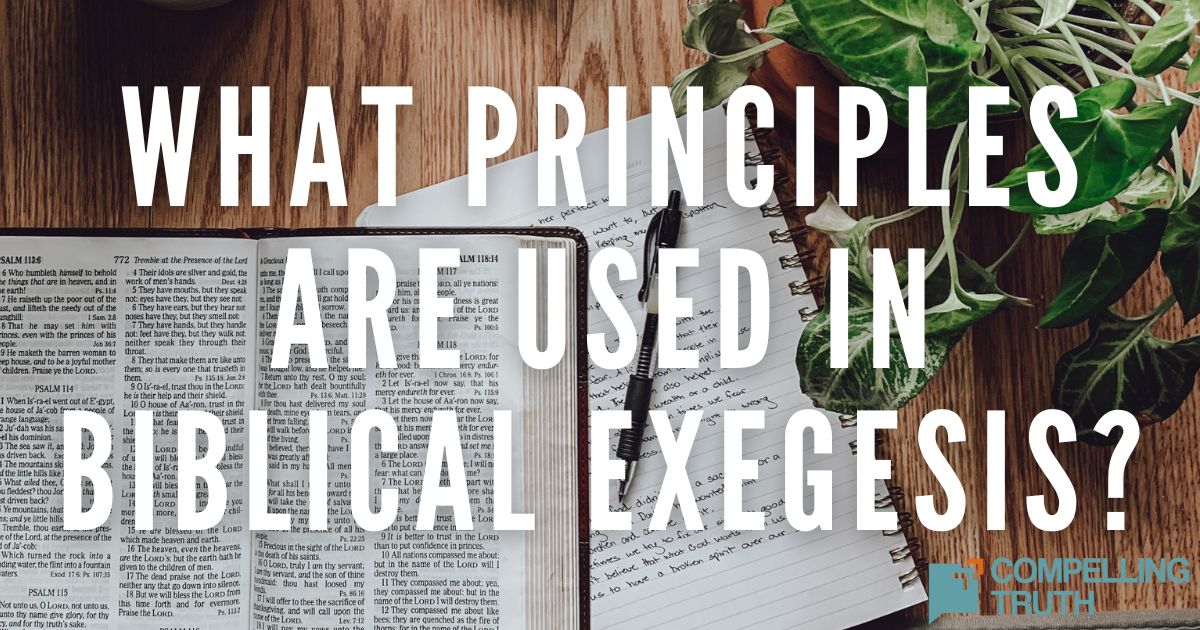The Psalms were written by numerous authors, including David, Moses, Solomon, and the sons of Asaph and Korah, over centuries as expressions of worship, trust, sorrow, and hope. These 150 entries were composed in various contexts, reflecting the full spectrum of human emotion—from anguish and despair to joy and thanksgiving. They are divided into categories such as praise, lament, wisdom, thanksgiving, and royal psalms, and many contain prophetic insights about the coming Messiah, fulfilled in Jesus. Psalms is the most quoted Old Testament book in the New Testament, revealing the lasting theological and devotional significance. The Psalms invite us to honestly bring our hearts before God, deepen our worship, and trust Him through every season of life.
The God who is worshiped in the psalms is the same triune God who is worthy of worship today. Like the psalmists, we can pour out our hearts to Him, expressing our feelings, seeking His direction, and praising Him for who He is. In Psalm 42, we see the fluctuation between human despair—"My tears have been my food day and night, while they say to me all the day long, 'Where is your God?'" (Psalm 42:3)—and confident hope in God's ultimate faithfulness—"Why are you cast down, O my soul, and why are you in turmoil within me? Hope in God; for I shall again praise him, my salvation and my God" (Psalm 42:11). Though our circumstances often cause our emotions to fluctuate, our God, in whom we have hope, is still the same. He is our ultimate salvation, high and lifted up, the creator of the universe (Psalm 24:1–5). He is also our shepherd, protector, and friend who guides and walks alongside us each step of our lives (Psalm 23; 91). There is no joy and no burden that we cannot take to God.
Key verses:
Psalm 1:1–3: "Blessed is the man who walks not in the counsel of the wicked, nor stands in the way of sinners, nor sits in the seat of scoffers; but his delight is in the law of the LORD, and on his law he meditates day and night. He is like a tree planted by streams of water that yields its fruit in its season, and its leaf does not wither. In all that he does, he prospers."
Psalm 19:1: "The heavens declare the glory of God, and the sky above proclaims his handiwork."
Psalm 22:16–18: "For dogs encompass me; a company of evildoers encircles me; they have pierced my hands and feet—I can count all my bones—they stare and gloat over me; they divide my garments among them, and for my clothing they cast lots."
Psalm 23:1: "The LORD is my shepherd; I shall not want."
Psalm 27:1: "The LORD is my light and my salvation; whom shall I fear? The LORD is the stronghold of my life; of whom shall I be afraid?"
Psalm 46:10: "Be still, and know that I am God. I will be exalted among the nations, I will be exalted in the earth!"
Psalm 119:105: "Your word is a lamp to my feet and a light to my path."




